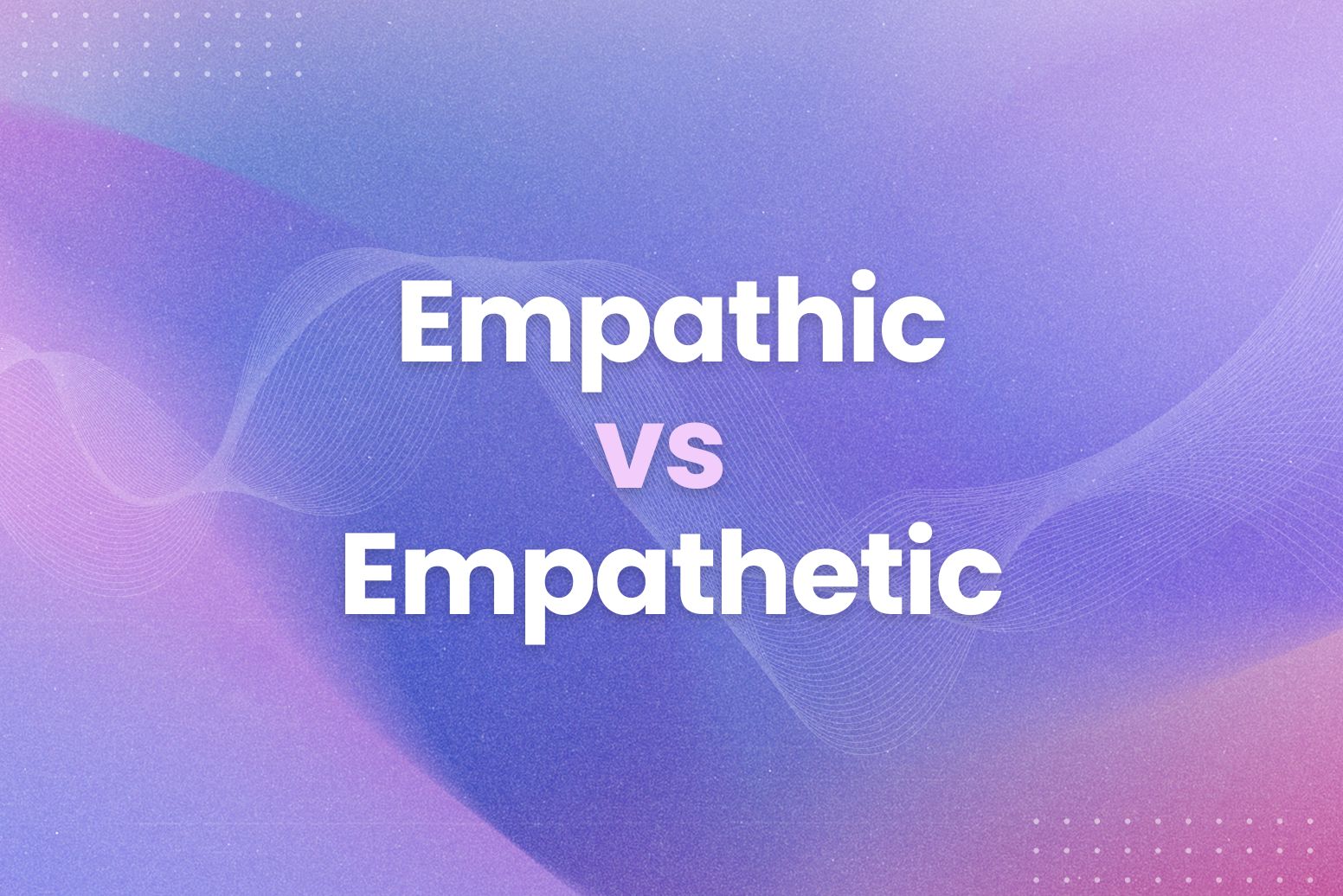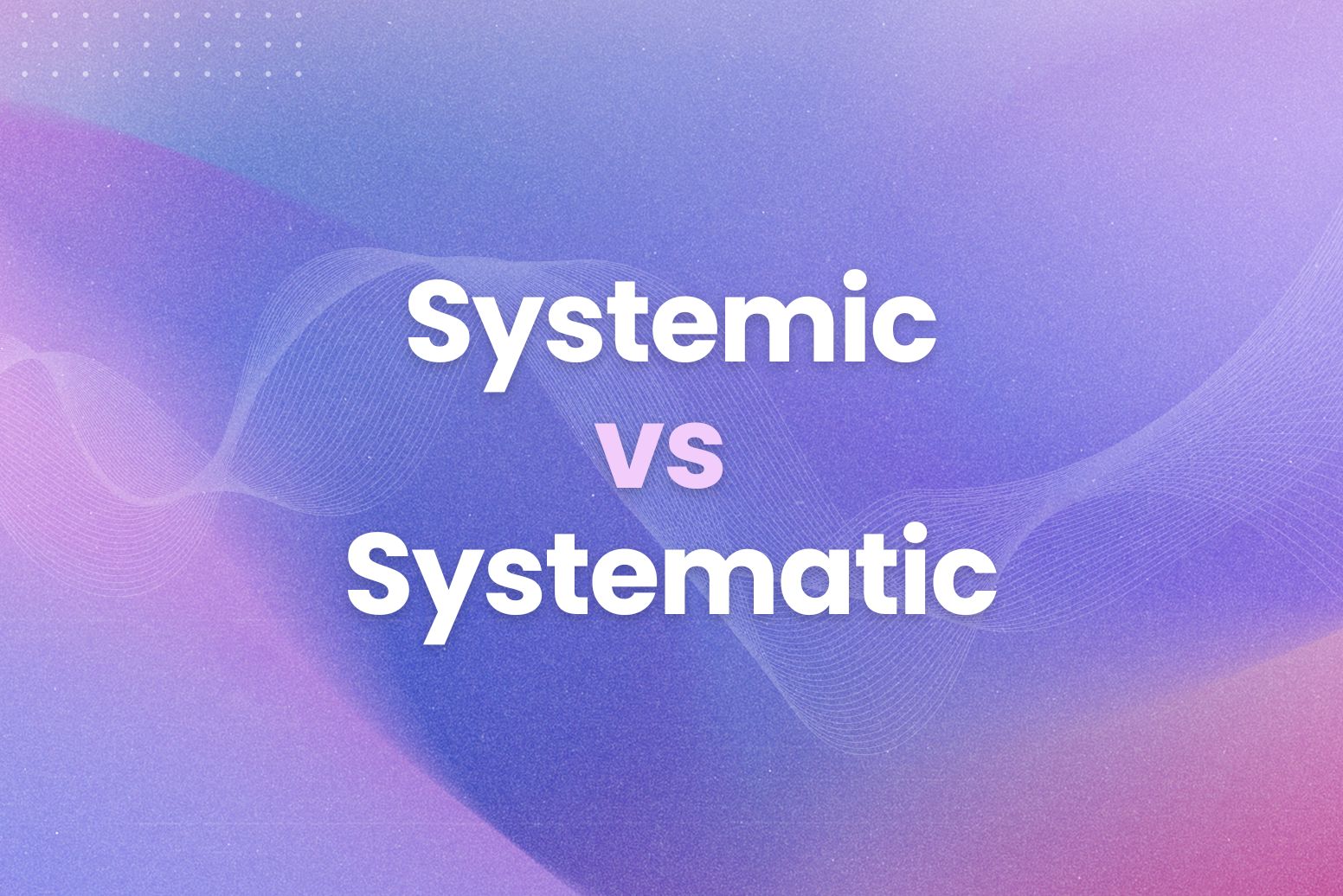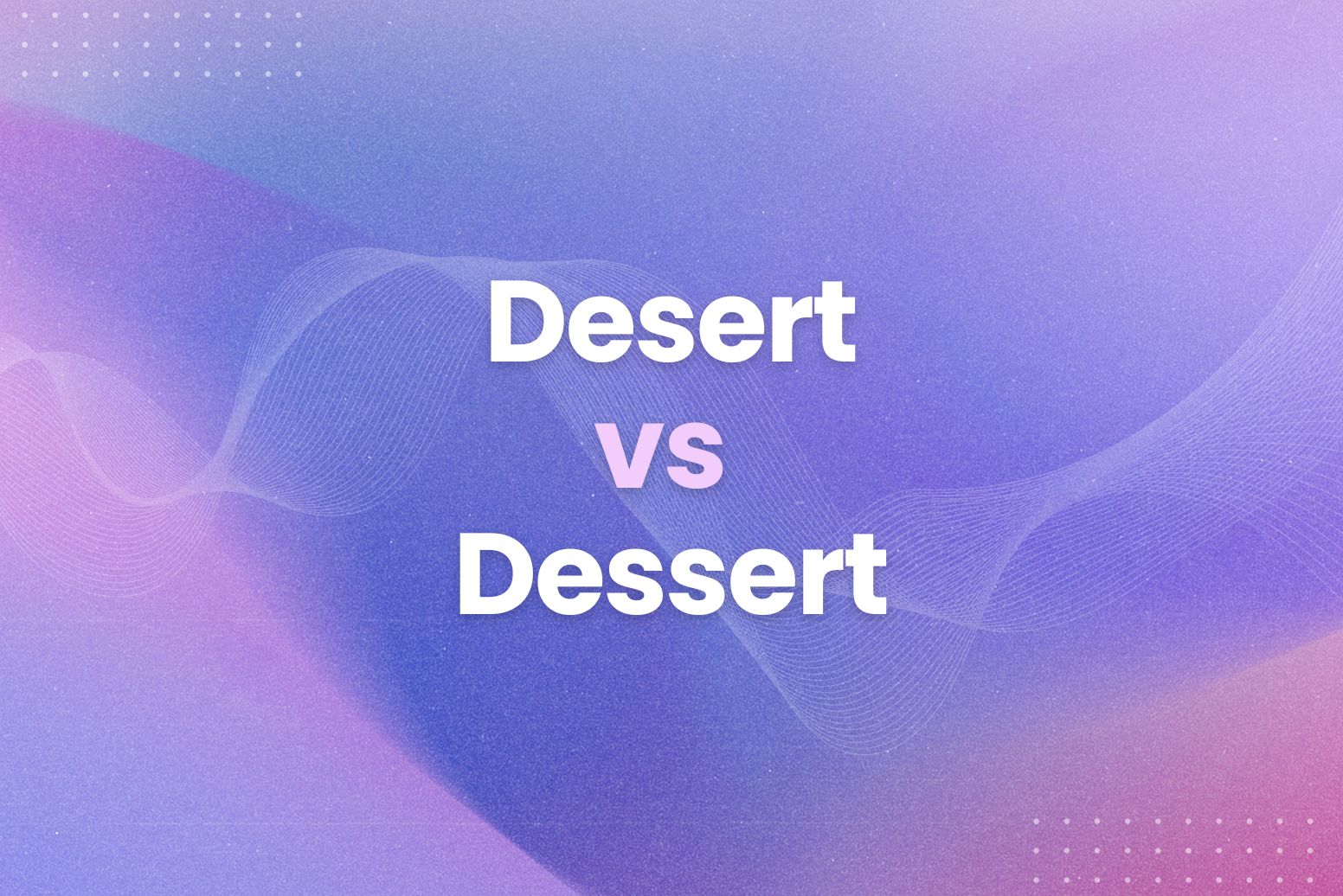Have you ever paused mid-sentence, wondering whether to say empathic vs empathetic? You’re not alone. These terms often get tangled in conversation. Which leaves even seasoned writers scratching their heads. The good news? You’re about to untangle them once and for all.
We’ll break down the subtle differences, explore how these words are used, and help you decide which fits your context best. To clarify further, we’ll provide examples, pro tips, and even a tool recommendation to make grammar choices simpler.
Let’s get to the bottom of it.
The Meanings and Origins of Empathic and Empathetic
At first glance, empathic and empathetic seem like twins. They look alike but raise questions. Both come from empathy, meaning to understand and share feelings. But why do we have two versions?
Empathic has older roots, especially in psychology. It appeared in texts as early as the 20th century. That is to say, it focuses on emotional understanding.
Empathetic, on the other hand, came later. It’s more common in casual language. In other words, it’s the modern version, used in everyday conversations.
Do they mean something different? Not really. They’re interchangeable. However, context and tone can make one feel more appropriate.
Quick Facts:
- Empathic feels formal and scientific.
- Empathetic is common in everyday speech.
- Both share the same core meaning.
The Subtle Differences (or Lack Thereof) in Meaning
Empathic and empathetic mean the same thing. Both describe the ability to feel and understand someone else’s emotions. However, how they’re perceived can differ slightly based on context.
Let’s break it down.
Where Empathic Stands Out
The word empathic is often used in formal or academic contexts. It can appear in psychology papers and research studies. Or technical discussions about human behavior. Its tone of authority makes it feel precise and professional.
For example:
- “The therapist’s empathic listening skills were critical to the patient’s recovery.”
When Empathetic Feels Right
Empathetic is the go-to choice for casual conversations and creative writing. It feels warm, approachable, and natural. You’ll hear it in everyday speech or see it in blogs and social media.
For example:
- “She was so empathetic, offering support when I needed it most.”
Functionally, they’re interchangeable, but your audience matters. Use empathic when aiming for a formal tone. Go with empathetic if you want to connect on a personal level.
Pro tip: Struggling to decide? Arvin’s grammar tool can quickly flag which word works better for your specific context. It’s like having a writing coach in your browser.
Examples of When to Use Each Term
Deciding between empathic vs empathetic often depends on your tone and audience. Let’s look at some practical examples to make the distinction clearer.
When to Use Empathic
Use empathic in situations that require precision. For example, academic writing, professional settings, or discussions about psychology. It adds a layer of formality and credibility.
Examples:
- “The research highlighted the importance of empathic responses in conflict resolution.”
- “His empathic insight into the team’s dynamics improved workplace collaboration.”
When to Use Empathetic
Turn to empathetic when you want to connect emotionally or when writing casually. It’s perfect for storytelling, personal reflections, or everyday interactions.
Examples:
- “Her empathetic approach made everyone feel heard and understood.”
- “I always admire teachers who are empathetic toward their students’ struggles.”
What If You’re Not Sure?
Still stuck? Ask yourself: “Am I writing formally or casually?” If it’s somewhere in between, you’re safe using either.
Need a quick check? Arvin’s grammar tool can analyze your tone. It also suggests the right word based on context. It’s like having an editor on demand.
A Quick Trick to Choose the Right Word Every Time
Feeling stuck? Don’t overthink it. Here’s a simple trick:
- If your sentence feels formal, go with empathic.
- If it’s conversational or emotional, pick empathetic.
Think about who you’re talking to. Writing for a colleague or professor? Empathic fits. Talking to a friend or writing a blog? Empathetic wins.
One Sentence Test
Try swapping the words in your sentence. For example:
- “The empathetic doctor calmed the patient.”
- “The empathic doctor calmed the patient.”
See which one feels right in your context.
And if you’re still not sure? Arvin’s AI writer makes it easy. It checks for the best word. And it also ensures your tone stays consistent throughout. You’ll never second-guess your choice again.
Choosing the Right Word Made Simple with Arvin
Wrapping your head around empathic vs empathetic doesn’t have to feel like a grammar quiz. Choosing the correct word can be second nature with a little context and the right mindset.
Here’s a quick recap to keep things clear:
- Use empathic in formal or academic writing.
- Use empathetic in casual or emotional contexts.
- Both words share the same meaning, but tone matters.
- When in doubt, let your audience guide your choice.
Language quirks like this can be tricky. The right tools make them simple. Arvin’s grammar function removes the guesswork. It helps you match tone and style with ease. Whether it’s an essay or an email, Arvin ensures precision. Try it once. You won’t look back.
FAQs
Should I use empathic or empathetic?
Both work, but tone matters. Empathic suits formal contexts. Empathetic fits casual writing. In other words, your audience decides which works best. Above all, remember they share the same meaning.
What is the difference between empathetic and emphatic?
They’re not related. Empathetic shows an understanding of emotions. Emphatic, on the other hand, means forceful or clear expression. For example, “I am not going!” is emphatic.
Is an empath the same as being empathetic?
Not exactly. Empaths feel others’ emotions deeply. That is to say, they absorb them. Empathetic, in contrast, shows understanding, but not necessarily feeling them fully.
What is the difference between emphatic and sympathy?
Emphatic stresses something strongly. For instance, “He made an emphatic point.” Sympathy, on the other hand, shows compassion for someone’s struggle. In short, they focus on different emotions.






